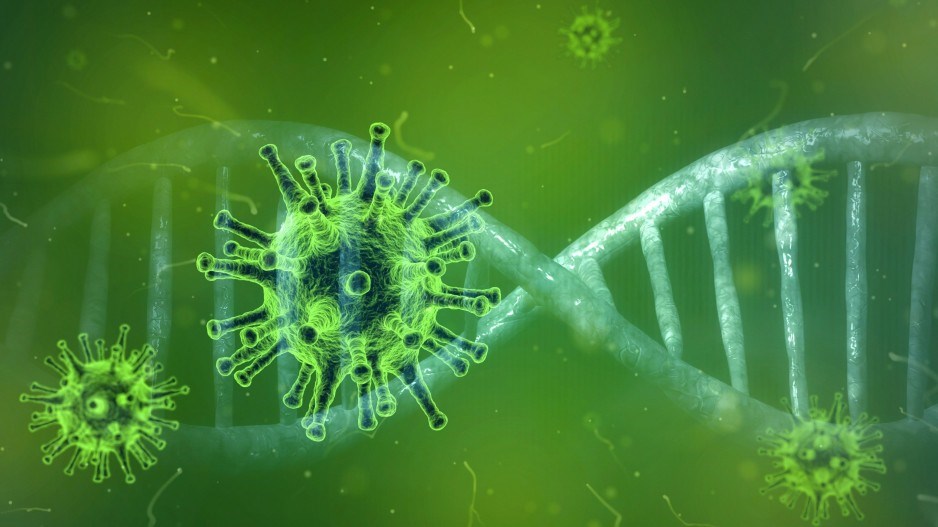What happened: AbCellera’s antibody therapeutic gets nod for COVID-19 treatment in Canada
Why it matters: The greenlight comes as Vancouver company seeks to raise US$200m through an initial public offering
A COVID-19 therapeutic developed using B.C. technology has been given the go-ahead by Health Canada weeks after U.S. authorities offered an emergency approval.
Canada’s leading health authority approved the antibody treatment Friday (November 20), following an eight-month partnership between Vancouver-based AbCellera Biologics Inc. and American pharmaceutical giant Eli Lilly and Co. (NYSE:LLY).
“As a Canadian company, we are proud to contribute to the global fight against COVID-19 and hope our efforts will help people in Canada and around the world in the face of this medical emergency,” AbCellera CEO Carl Hansen said in a November 22 statement.
The treatment, known bamlanivimab, isn’t meant to be administered to the general population but to those already infected with COVID-19.
Lilly released proof-of-concept data in September showing reduced hospitalization rates for patients treated with the antibody therapeutic.
The pharmaceutical company reported the rate of hospitalizations and emergency room visits for those treated with bamlanivimab was 1.7% compared with 6% for those treated with a placebo.
Lilly said this represents a 72% risk reduction, while the treatment was “well-tolerated, with no drug-related serious adverse events reported” among those taking bamlanivimab.
Health Canada, meanwhile, determined bamlanivimab didn't reduce viral load by day 11 of treatment when compared to a placebo.
“However, a potential benefit of bamlanivimab in patients was observed” for those who had visited the emergency room or were hospitalized within 29 days of being treated, Health Canada stated in a report.
Health Canada ultimately determined that a lower proportion of patients treated with bamlanivimab were hospitalized or made ER visits after being dosed with the therapeutic.
“Given the high unmet medical need and emergency context of the COVID-19 pandemic, Health Canada considers the potential benefits outweigh the potential risks for bamlanivimab in its proposed use,” the federal department stated, adding it should not be used with patients hospitalized with severe COVID-19.
Last week, AbCellera announced billionaire Peter Thiel, the co-founder and former CEO of PayPal Holdings Inc., had joined its board.
The company released a prospectus the same day, revealing plans to raise US$200 million through an initial public offering.
The prospectus revealed AbCellera had US$28 million in revenue in the 12 months ending on September 30, however, no share pricing details were released.
If the IPO goes ahead, AbCellera would trade under the Nasdaq symbol "ABCL."
Meanwhile, the U.S. government inked a deal with Lilly last month, paying US$375 million for 300,000 vials of the bamlanivimab (LY-CoV555) therapeutic.
And in May, Ottawa earmarked $175 million for the Vancouver biotech to pursue the development, manufacturing and distribution of therapeutic antibodies.
This came just weeks after AbCellera and Lilly announced a partnership to develop a new drug for the treatment and prevention of the COVID-19 virus, with Lilly tapping the Vancouver biotech’s platform to zero in on antibodies generated in a natural immune response to the novel coronavirus.
The antibody treatment was developed over three months with co-operation from Vaccine Research Center at the National Institute of Allergy and Infectious Diseases after the organizations identified it from a blood sample taken from one of the first U.S. patients to recover from the coronavirus.
The first patients were dosed at medical centres in the U.S., including the NYU Grossman School of Medicine and L.A.’s Cedars-Sinai.




